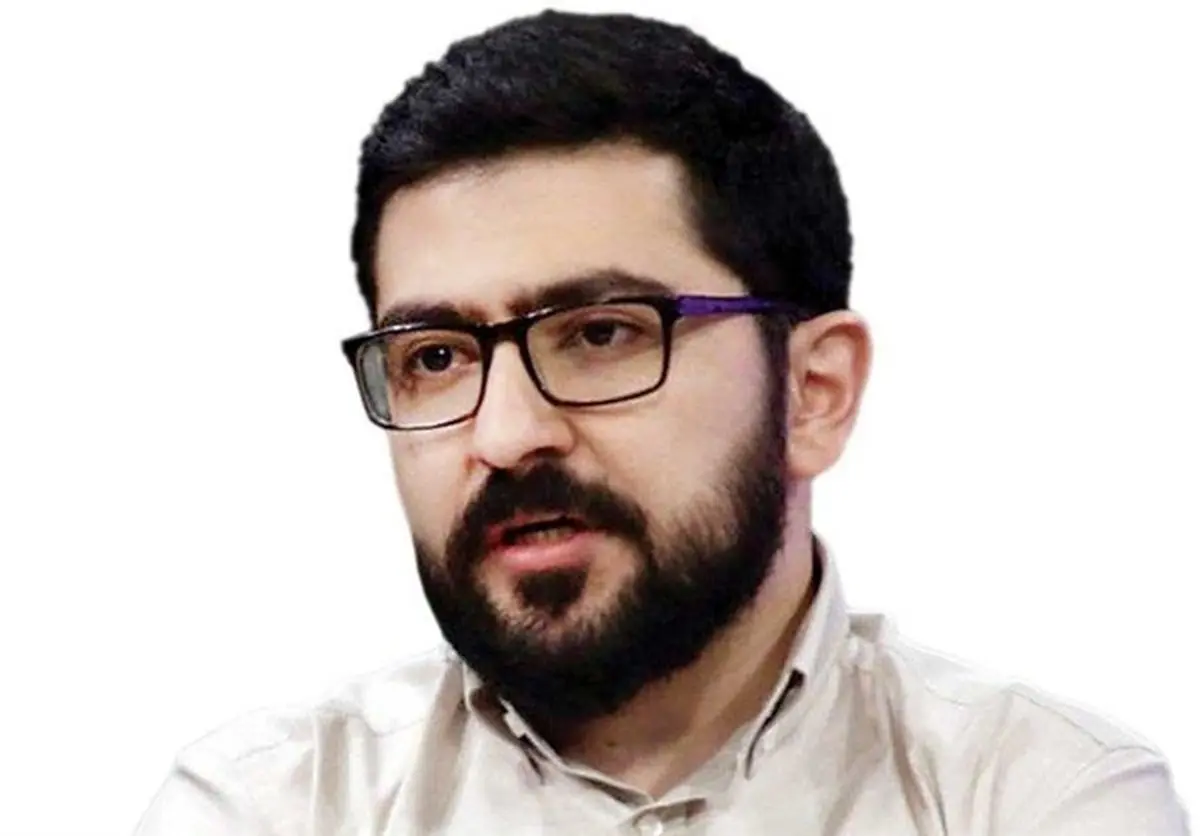Saudi Arabia stances toward Iran subject to Vienna talks: Expert

An expert has said that Whenever the nuclear talks progressed Saudi Arabia showed more willingness to negotiate and whenever the talks were challenged, Saudi Arabia took more rigid stances toward Iran.
Commenting on the effects of the upcoming visit of the president of the U.S. to the region on Iran-Saudi Arabia relations, Siyavash Fallahpoor said in remarks to ILNA that “Saudi Arabia is trying to affect Iran’s nuclear case. And this could happen.”
It means that if bin Salman succeeds in forcing Biden to retreat on the energy issue, one of his demands will likely be that the considerations of Riyadh be taken into account in Iran’s nuclear talks.
A coalition among Arab countries is taking shape and we can’t deny that it is anti-Iran, he said.
When we say this coalition is against Iran, it doesn’t mean they want to act against Tehran in the framework of Israel's demands.
But they try to contain Iran by using political influence and economic exchanges because the Arab countries don't accept Iran’s role in the region.
Responding to a question about whether the Saudi-Iran talks and resumption of diplomatic ties between the two countries depend on the JCPOA revival negotiations, he said they are dependent on that.
Whenever the nuclear talks progressed Saudi Arabia showed more willingness to negotiate and whenever the talks were challenged, Saudi Arabia took more rigid stances toward Iran.
Generally, When Saudi Arabia clearly says that it disagrees with Iran’s regional policies, missile, and nuclear programs, the problems can’t be solved easily, he noted.
He added that we can’t say we will solve the problems through four diplomatic meetings, just as five rounds of negotiations have been held in Baghdad and they didn't yield any result.
Unfortunately, Saudi Arabia's stance has gotten closer to Israel, he said, adding that the problems are too deep to be solved with simple diplomatic and economic tools.
